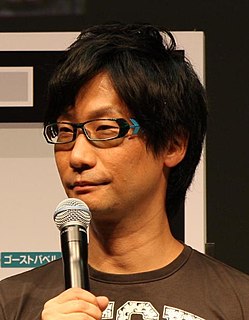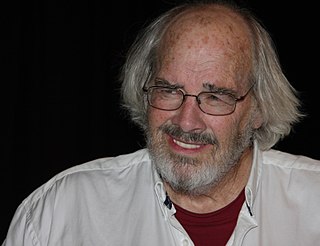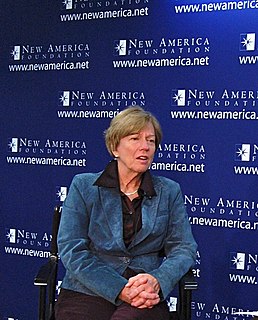A Quote by Roger Spottiswoode
I think the ethics and morals of genetic engineering are very complicated. It intrigues me.
Quote Topics
Related Quotes
I think nobody would claim that random genetic drift is capable of producing adaptation, that is to say the illusion of design. Random genetic drift can't produce wings that are good at flying, or eyes that are good at seeing, or legs that are good at running. But random genetic drift probably is very important in driving evolution at the molecular genetic level.
Right now people are interested in genetic engineering to help the human race. That's a noble cause, and that's where we should be heading. But once we get past that - once we understand what genetic diseases we can deal with - when we start thinking about the future, there's an opportunity to create some new life-forms.





































